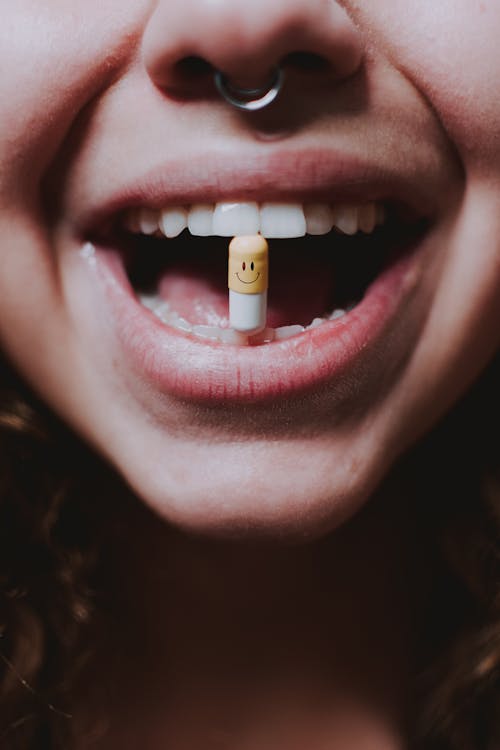Hydration is not just about satisfying your thirst; it's about maintaining the delicate balance of fluids in your body to support optimal health and well-being. From regulating body temperature to aiding digestion and supporting organ function, adequate hydration is essential for every aspect of bodily function. Here's why staying hydrated is crucial and how you can ensure you're getting enough fluids each day.
Regulating Body Temperature:
One of the primary functions of hydration is regulating body temperature. When you sweat, your body loses fluids, which helps cool you down during exercise or in hot weather. Proper hydration ensures that your body can effectively regulate its temperature, preventing overheating and heat-related illnesses such as heat exhaustion or heatstroke.
Supporting Organ Function:
Water is essential for the proper function of every organ in your body. It helps transport nutrients and oxygen to cells, flush out waste products through urine, lubricate joints, and cushion vital organs like the brain and spinal cord. Without adequate hydration, your body's organs and systems cannot function optimally, leading to fatigue, decreased cognitive function, and other health issues.
Aiding Digestion:
Hydration plays a critical role in digestion and nutrient absorption. Water helps dissolve nutrients and deliver them to cells throughout the body, facilitating the breakdown and absorption of food in the digestive tract. Additionally, staying hydrated prevents constipation by softening stool and promoting regular bowel movements.
Maintaining Energy Levels:
Dehydration can sap your energy levels and leave you feeling fatigued and lethargic. When you're not adequately hydrated, your blood volume decreases, which means your heart has to work harder to pump blood and deliver oxygen to your muscles and organs. This can lead to decreased energy levels, poor physical performance, and difficulty concentrating.
Tips for Staying Hydrated:
Drink Plenty of Water: The simplest way to stay hydrated is to drink plenty of water throughout the day. Aim for at least eight 8-ounce glasses of water per day, and adjust your intake based on factors such as activity level, climate, and individual hydration needs.
Eat Hydrating Foods: Many fruits and vegetables have high water content and can contribute to your overall hydration. Incorporate hydrating foods like watermelon, cucumbers, oranges, and celery into your diet to help meet your fluid needs.
Monitor Urine Color: A simple way to gauge your hydration status is to monitor the color of your urine. Clear or pale yellow urine indicates adequate hydration, while dark yellow or amber-colored urine may be a sign of dehydration.
Sip Water Throughout the Day: Instead of waiting until you're thirsty to drink water, make a habit of sipping water throughout the day. Keep a reusable water bottle with you and take regular sips to stay hydrated.
Conclusion:
In conclusion, hydration is essential for supporting overall health, well-being, and vitality. By staying adequately hydrated, you can regulate body temperature, support organ function, aid digestion, maintain energy levels, and promote overall health and wellness. Make hydration a priority in your daily routine by drinking plenty of water, eating hydrating foods, and monitoring your fluid intake to ensure you're giving your body the hydration it needs to thrive.
